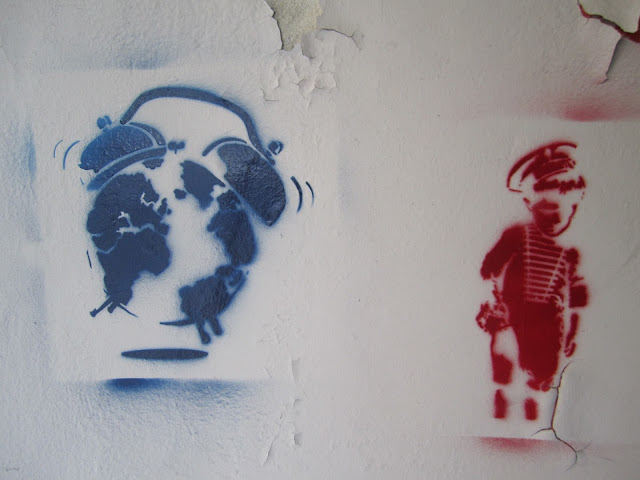Meet
Saba Sulaiman, everyone! Recently
profiled as a hot new literary agent in
Writers Digest, Sulaiman came under my radar through a mutual friend. She's proven enormously helpful as I wade through the murky waters of query letters, agents, publishers, and all that lies beyond - and, she's willing to share her insights with us here today!
According to
Writers Digest, "[Sulaiman] was born to Pakistani expatriates in Sri Lanka and studied...modern Persian Literature at the University of Chicago, where she got involved with editing the department’s academic journal. 'And it finally hit me—working closely with writers to hone their craft; seeing a piece of writing from its inception through to its eventual publication; and advocating for what I believed was stellar prose worthy of recognition—this was my calling. So I interned at various newspaper and magazine publications, worked as an editorial intern at Sourcebooks, and then wound up at
Talcott Notch, where I’m excited to begin my career as a literary agent.'"
Below, please find Sulaiman's useful answers to my blundering questions.
How do I get my book agent-ready?
At this point, this is what I'd recommend: if you can, join a critique group, or, better yet, apply for a position in an intensive workshop. You need as much feedback as you possibly can. Of course, this depends on how serious you are about getting this book published -- I understand how taxing and thankless this stage of the writing process can be, and you have to be really dedicated to see this book through all of it's future versions. Most successful authors have around 30 fully reworked drafts of their book before it's finally ready -- not that you necessarily need that many drafts, but it's something to keep in mind.
My memoir is set in a specific time and place. As I revise and revise, my concern is that the book and its story will grow 'dated'.
Don't worry about that too much. A well-done memoir should feel relevant regardless of what time period it harkens back to. It actually might be useful to make this one of your aims as you revise -- make sure your subject doesn't sound dated in your treatment of it.
How do agents/editors feel about authors who use quotes? I want to include more words by a few writers, namely Eduardo Galeano (who passed a few months ago). How do you view authors who quote other authors?
The question is, how are you using the quote? Because it all depends on whether or not it's fair use, which can be a very, very ambiguous thing. If they're just quotes before chapter beginnings, I'd day you should be fine, but otherwise, it might depend. Here are some useful online resources that might make things clearer:
http://janefriedman.com/2012/01/23/permissions/
https://stephaniejhale.wordpress.com/2013/05/17/can-i-quote-someone-elses-work-in-my-book-without-permission/
http://writersrelief.com/blog/2014/01/get-permission-to-use-quotes-in-writing/
Personally, if they're just short, one line quotes before chapters, or before the book begins, I'm okay with it -- and it should fall within "fair use." But I generally like to keep other quotes/song lyrics out of an original, debut manuscript, just because it can get complicated very fast. And at the end of the day, by using this material, you’re basically increasing the publisher's cost of buying your manuscript, because they would have to potentially buy the rights to all the quotes you use.
Does it make a difference if the author being quoted has passed?
Even if the author is dead, he/she has an estate that continues to receive royalties. Now if an editor falls hard for your manuscript, he/she may advocate for their bosses to budget high for your book, but that’s a huge risk to take. Editors have to draft Profit and Loss statements for each of the books they bring to their acquisitions board meetings, and if they’re already setting aside a chunk of money just to buy these extra rights, that puts your book at a guaranteed disadvantage. So I'd strongly advise you not to use too many quotes, and find other ways to achieve what they were doing in your narrative.
Thanks,
Saba Sulaiman! May our paths cross again - and in the meantime, happy reading!



